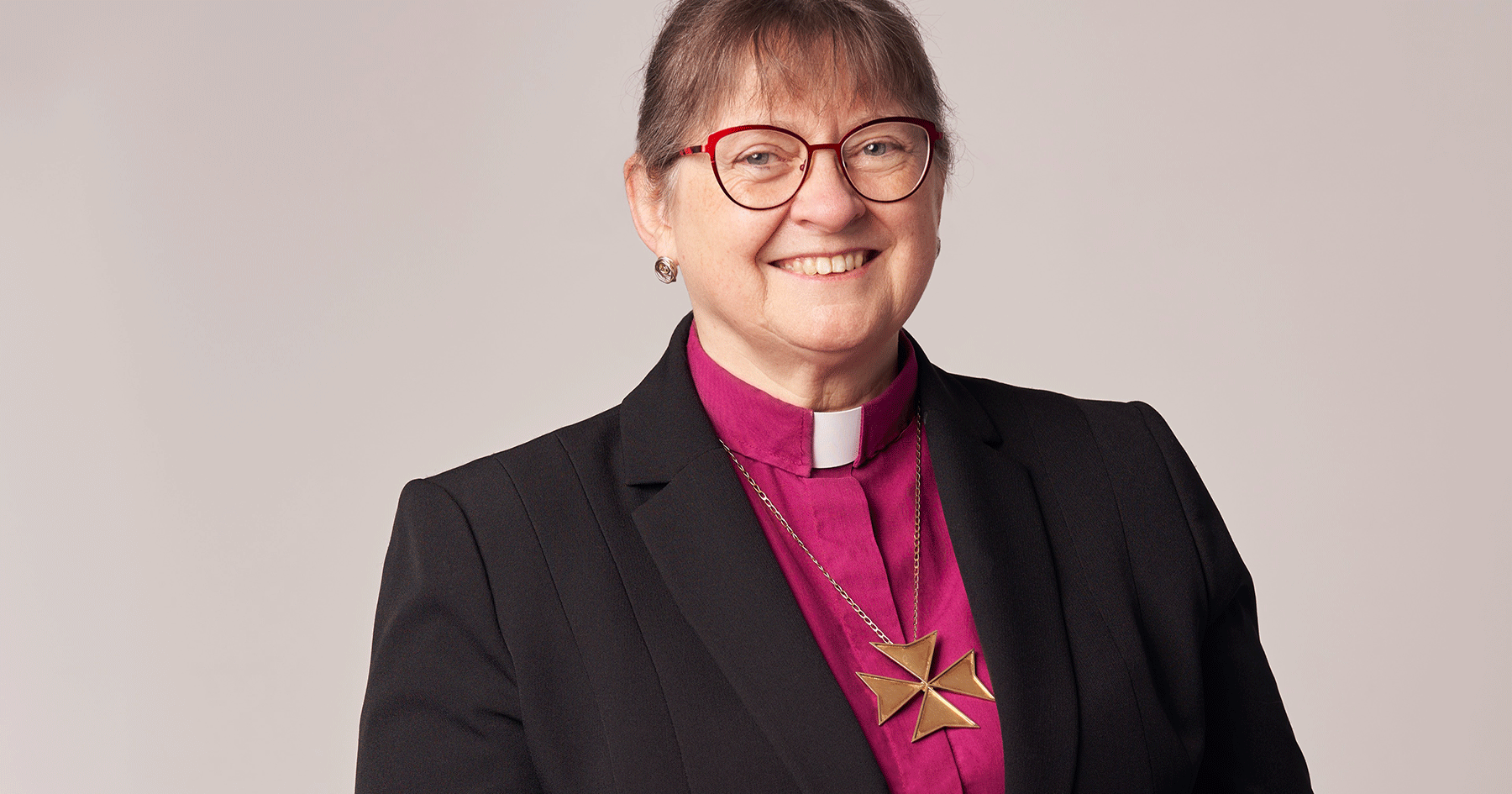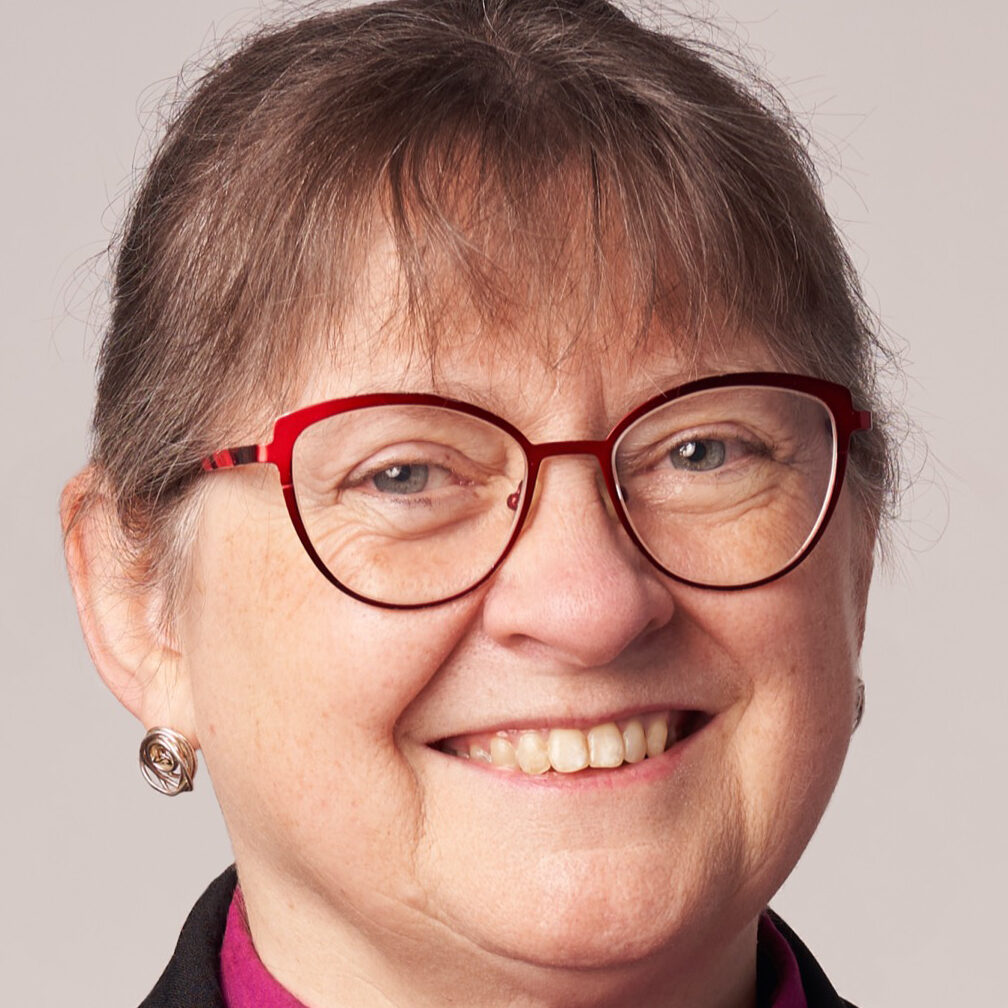God says: “You are precious in my sight, and honoured, and I love you.” (Isaiah 43:4)
Love is one of the defining characteristics of God.
In Hebrew scripture, an oft repeated creedal statement is: “God is merciful and gracious, slow to anger and abounding in steadfast love.” (Exodus 34: 6-7; Numbers 14:18; Neh. 9:17; Psalms 63, 86, 103, 145; Joel 2:13…)
Abounding in Love!
The Hebrew word “Hesed” means “Steadfast love,” sometimes translated as “loving-kindness.” It is faithful, covenant love.
When Gerald and I were teaching Psalms in Northern Manitoba to Cree Elders training for ordination, we asked our translator what Cree word was used for “Steadfast love,” as in Psalm 103. He looked in his Cree Bible and shook his head, couldn’t think of an English word to translate the Cree word for us, but then he cradled his arms together and rocked back and forth. “It means a mother’s love for a baby.”
God’s abundant covenant faithfulness, steadfast love, is intended to mobilize a response: Love the Lord your God with all your heart, soul, mind and strength, and your neighbour as yourself. Interpreted broadly, this neighbourly love is to be extended to: “The alien (stranger) who resides with you shall be to you as the citizen among you; you shall love the alien as yourself, for you were aliens in the land of Egypt; I am the Lord your God.” (Leviticus 19:18,34) We know that Jesus’ teaching was steeped in this Hebrew understanding of love.
In Jeremiah 31, God says, “I have loved you with an everlasting love; therefore I have continued my faithfulness to you.”
I think our lives as disciples are meant to rest in this faithful covenant love, this unconditional, dependable love. To rest in it. To soak in it. To let it seep into our bones, till we are so confident in God’s love for us that we can fearlessly give that love out. Covenant love is not an emotional set of warm feelings, but an active practice of working for the good of the other, “willing God’s will for the other.” We know this kind of covenant love in healthy families and friendships: fulfilling loving faithful action, even when we don’t “feel” like it. Making the kid’s lunches every night, dragging ourselves out of bed to make our spouse a cup of coffee, taking soup to a sick friend even though it interrupts our plans. Covenantal commitments of love. Love often consists of small acts of service. Jesus washes the disciples’ feet just before he gives them the command: “Love one another.” And then this “love-in-service” radiates out beyond our “beloved ones” to all of God’s beloveds: our annoying co-worker, our exasperating neighbour, the refugee family we are sponsoring, the famine victim far away. Then outward, even to our enemies.
Remember Malvina Reynold’s song “Magic Penny” from the fifties? “Love is something if you give it away; you end up having more.” When we begin with the boundless love of God we know it is an endless supply.
F. D. Maurice, an Anglican theologian of the nineteenth century, called God, “the Abyss of Love.” And he says, “the Abyss of Love is greater than the abyss of death.”
May you rest and grow in God’s love.
+Lynne


